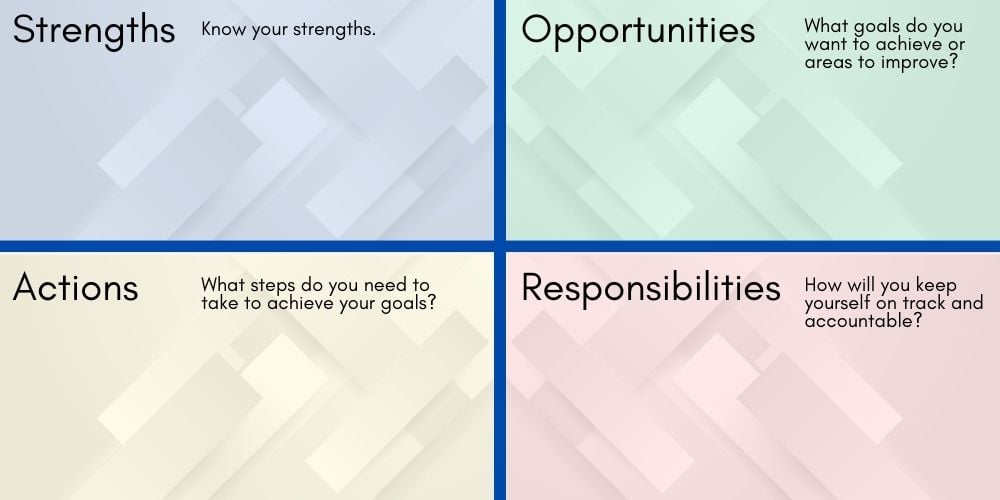 Coaching happens through conversations and face to face interactions. As a coach, it is important to know how to have a good coaching conversation with your employees. That way, when a coachable moment arrives, you are ready to make the most of it.
Coaching happens through conversations and face to face interactions. As a coach, it is important to know how to have a good coaching conversation with your employees. That way, when a coachable moment arrives, you are ready to make the most of it.
As the coach, you are the director of a coaching conversation. Most daily interactions have an equal amount of back and forth conversation between both people, but in a coaching conversation, the coach leads the conversation.
The main focus of a coaching conversation is how to help the employee improve and succeed. A coaching conversation is not only a way to coach your employee, but a way to motivate them, almost like a pep talk. An employee should walk away from a coaching conversation feeling more confident and motivated than before.
Here are a few aspects of a good coaching conversation:
- Relevant: The conversation should relate to the employee in that moment.
- Ask Good Questions: As a coach, you should be asking questions that get your employee to really think about the situation, but will also help to lead them toward the solution.
- To The Point: A coaching conversation should be fairly straightforward. However, make sure not to rush through it, because then the employee could miss important coaching advice.
Conversation Example:
Casual Conversation:
Manager: "Good morning Mitch, how is it going today?"
Employee: "Morning Jill, It's going well, I'm almost finished with project ABC, but I'm having difficulty with aspect Y of the project."
Manager: "I see, well I'm very busy today but if you email me your questions, I'll get back to you when I have the chance."
Coaching Conversation:
Employee: "Morning Jill, It's going well, I'm almost finished with project ABC, but I'm having difficulty with aspect Y of the project."
Manager: "Well Mitch, on a scale of one to five (one being extremley unconfident and five being extremeley confident) how confident are you that you will be able to figure out aspect Y and finish your project?"
Employee: "Probably around a 2."
Manager: "I see, how about you and Janet work together today to figure out aspect Y."
Employee: "Alright Jill, thank you for your help."
By using a rating question, Jill was able to assess Mitch's problem and use peer to peer coaching to help him solve it. Jill is still able to continue with her busy schedule, but was also able to coach Mitch when he needed help and leave him feeling more motivated and more confident than before.





